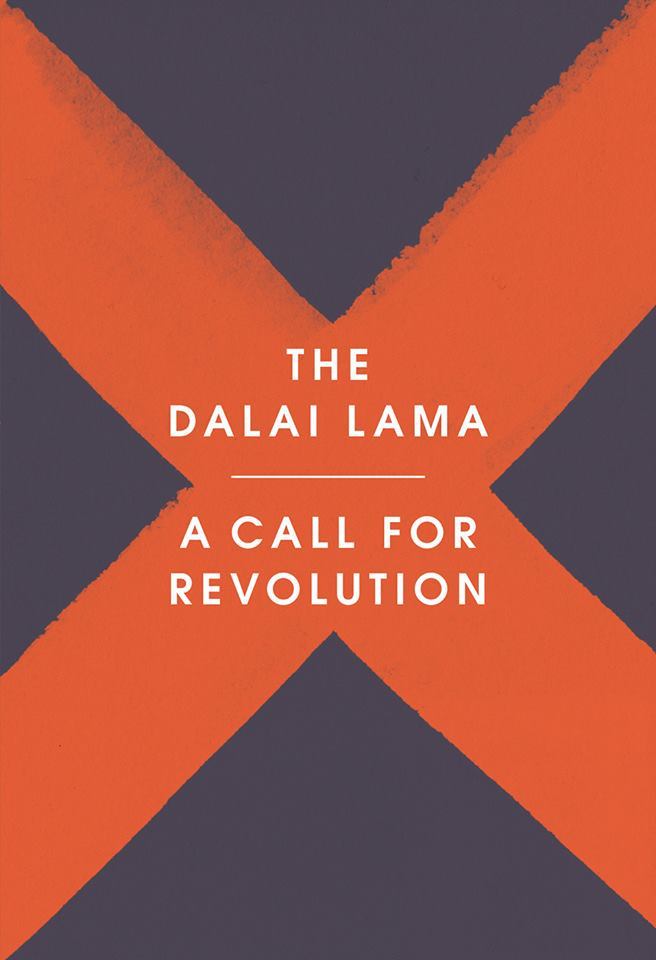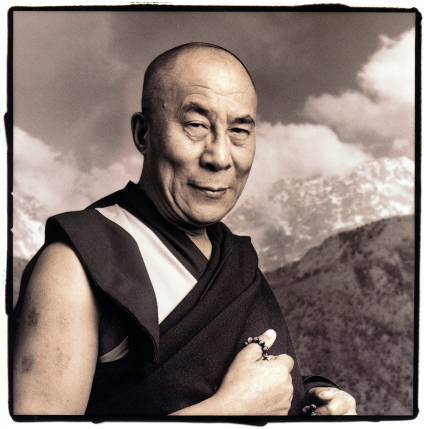
From His Holiness the fourteenth Dalai Lama, an impassioned call for “a revolution of compassion” that builds on the message of the #1 international bestseller An Appeal to the World Acknowledging the many struggles and dangers we face globally, His Holiness the Dalai Lama offers a hopeful way forward in our troubled times. A Call to Revolution is about transformation: reshaping our institutions, our attitudes toward the natural world, and the way we treat one another. His Holiness centers his argument on the concept of a “Revolution of Compassion.” “Compassion is the basis of everything,” he reminds us. “When I call on you to bring on the Revolution of Compassion, I am calling for the mother of all uprisings to begin. Many remarkable individuals have called for different kinds of revolution. But for me, the Revolution of Compassion is the soul, the bedrock, the original source of inspiration for all others.” While he addresses the youngest generations—those who are inheriting a world plagued by endemic poverty, dangerous and divisive geopolitics, and environmental neglect—his wisdom speaks to everyone, no matter their age. Infused with loving kindness, A Call to Revolution is an inspiring blueprint for change that can help us heal our painful divides and together move forward to create a healthier world and a better future.
Author

Jetsun Jamphel Ngawang Lobsang Yeshe Tenzin Gyatso (born Lhamo Döndrub), the 14th Dalai Lama, is a practicing member of the Gelug School of Tibetan Buddhism and is influential as a Nobel Peace Prize laureate, the world's most famous Buddhist monk, and the leader of the exiled Tibetan government in India. Tenzin Gyatso was the fifth of sixteen children born to a farming family. He was proclaimed the tulku (an Enlightened lama who has consciously decided to take rebirth) of the 13th Dalai Lama at the age of two. On 17 November 1950, at the age of 15, he was enthroned as Tibet's ruler. Thus he became Tibet's most important political ruler just one month after the People's Republic of China's invasion of Tibet on 7 October 1950. In 1954, he went to Beijing to attempt peace talks with Mao Zedong and other leaders of the PRC. These talks ultimately failed. After a failed uprising and the collapse of the Tibetan resistance movement in 1959, the Dalai Lama left for India, where he was active in establishing the Central Tibetan Administration (the Tibetan Government in Exile) and in seeking to preserve Tibetan culture and education among the thousands of refugees who accompanied him. Tenzin Gyatso is a charismatic figure and noted public speaker. This Dalai Lama is the first to travel to the West. There, he has helped to spread Buddhism and to promote the concepts of universal responsibility, secular ethics, and religious harmony. He was awarded the Nobel Peace Prize in 1989, honorary Canadian citizenship in 2006, and the United States Congressional Gold Medal on 17 October 2007.